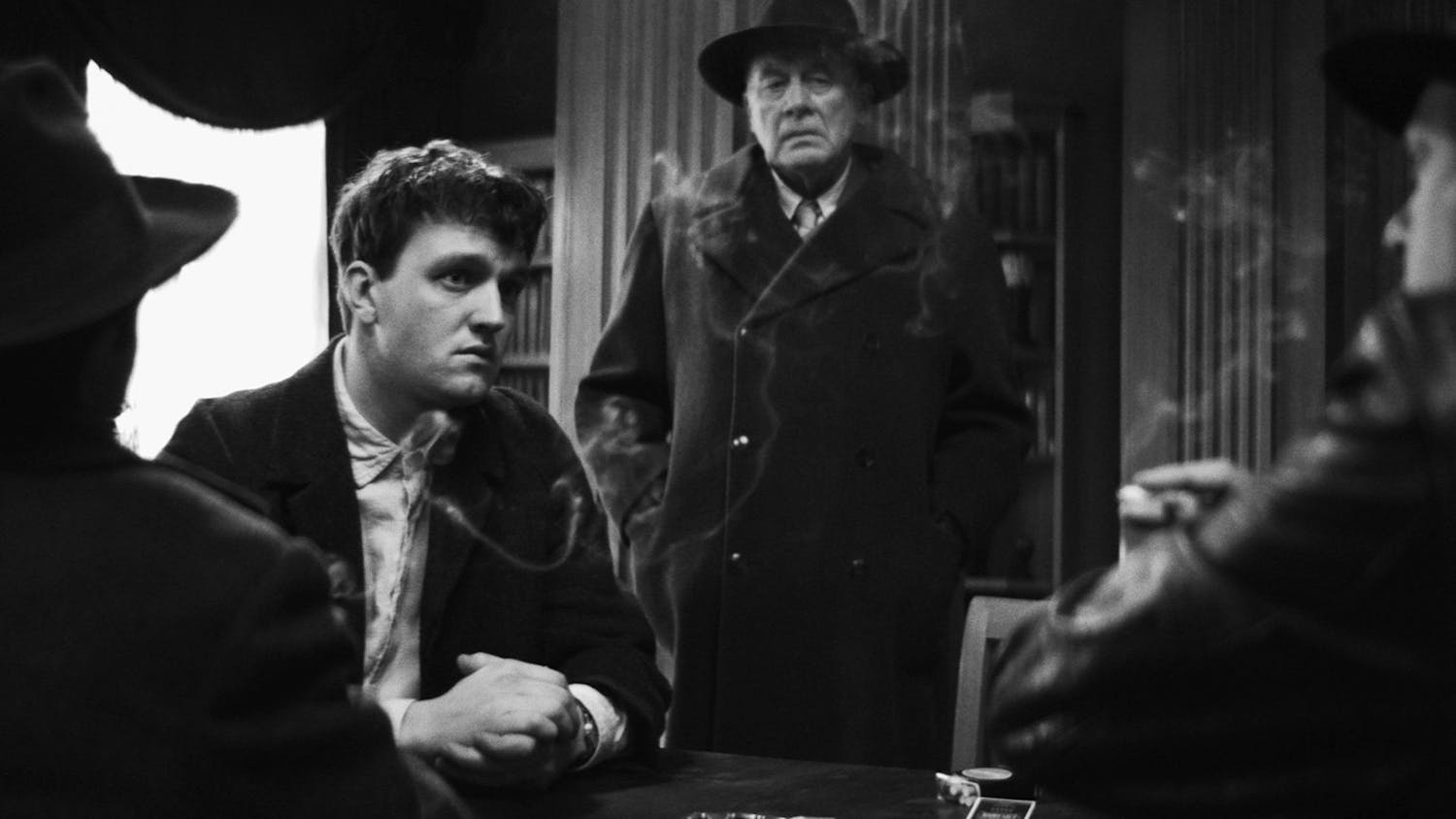The first thing most people notice about a film is who is starring in it. We see the actors, invest our attention in them and virtually place them on pedestals above anything else. There is fair reasoning in this—players have a lot of impact on the film industry, especially if they have several laudable performances and a loyal fanbase under their belts. In terms of any film’s overall quality though, I would argue that the actors involved are hardly the most important parts of a film.
I am not dismissing the talent of thespians working in the film industry. There’s no denying Heath Ledger’s stellar performance as The Joker in “The Dark Knight,” and it’s difficult to picture anyone other than Anthony Hopkins playing Hannibal Lecter in “The Silence of the Lambs.” Actors absolutely elevate the films they play. But, without a strong director, story or production, the actual film itself would not work.
A film could have a fantastic player, but if the screenwriter writes weak dialogue for a character or if the director doesn’t push enough during pivotal scenes, performances will fall apart. This happened to Natalie Portman in “Star Wars Episode II: Attack of the Clones,” written and directed by George Lucas. Portman is a great player—if her Oscar for “Black Swan” is any indication—but Lucas’s atrocious dialogue and uncaring direction made her performance as Padmé stiff and emotionless. In such cases, even the best thespians today cannot always add quality to a film.
Conversely, a movie could have a fantastic character performance and still be a sub-par piece of cinema. Ben Affleck’s portrayal of Batman in “Batman v Superman: Dawn of Justice,” was one of my favorite parts of the film, but I cannot let that be an excuse for an overstuffed plot and choppy editing. The buzz around the movie “The Girl on the Train,” which hit theaters this past week, presents that lead Emily Blunt gives a committed performance in an otherwise lackluster thriller, suggesting that even her best efforts are not enough to save it.
Recognizing a film’s greatness—or lack thereof—should not fall squarely on the shoulders of the players. Everyone wants to know who won the Oscar for Best Actor, but no one wants to know about the people who spent hours designing costumes or building elaborate stages. These parts of award shows don’t necessarily peak my interest either, and that’s because the general public, doesn’t know who these people are. And that’s how studios market films—if there is a big name attached, like Brad Pitt or Scarlett Johansson, butts are bound to find their way to theater seats. Studios hardly advertise their films around stage designers, but that doesn't mean that their work is irrelevant or deserves to be ignored. Michael Keaton is captivating in "Birdman," but Emmanuel Lubezki’s cinematography and Alejandro Iñárritu's directing of a visually seamless film are what make it great.
Actors are one small part of the much bigger production picture that is filmmaking. They might make good films better or bad films watchable, but I think the surrounding processes are what tip the scale. Solid performances are perhaps the most noticeable piece of the puzzle, but not the most important.
Sam Marz peers into what really makes a great film: acting, directing or production?
Film Column
Support your local paper
Donate Today
The Daily Cardinal has been covering the University and Madison community since 1892. Please consider giving today.





